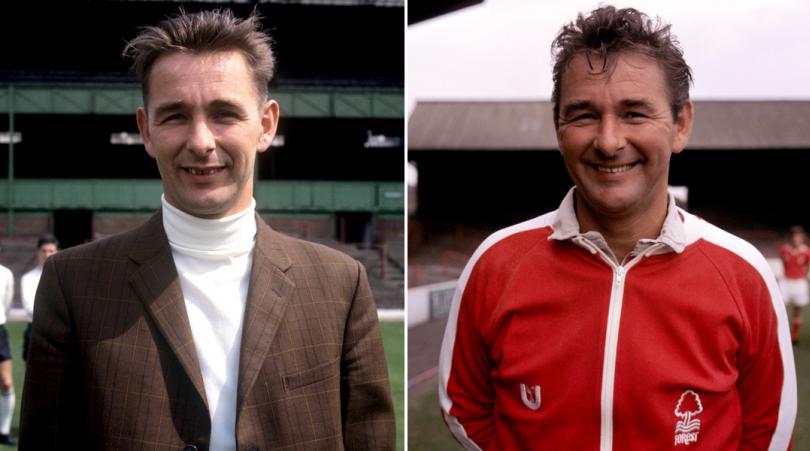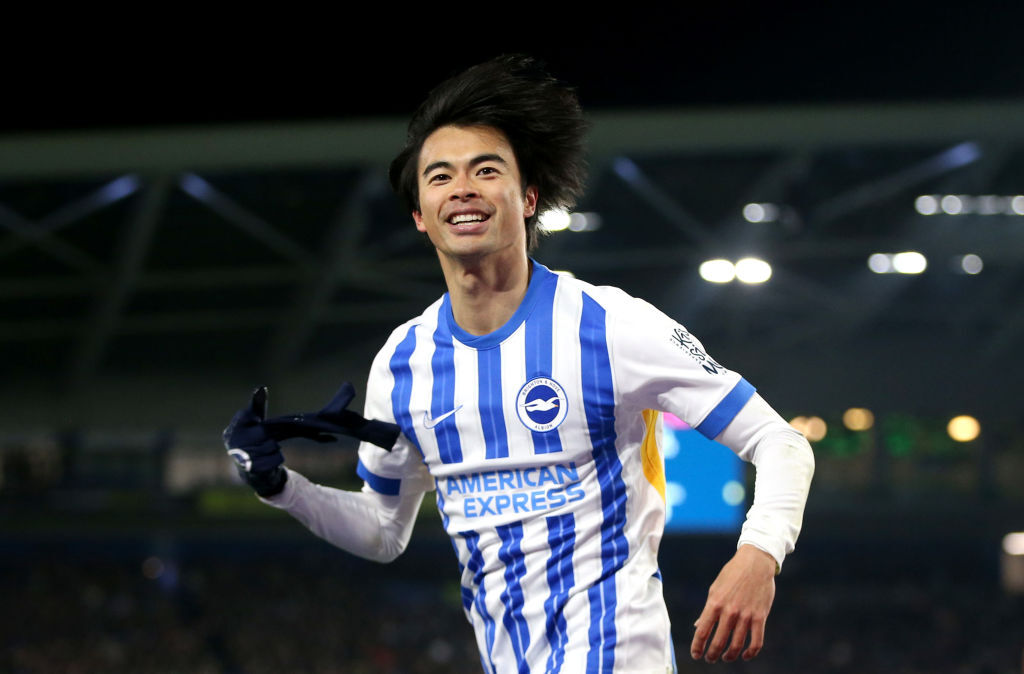Welcome back, Jose? What happened when legendary managers met their old clubs
Greg Lea looks at previous encounters between managers and their most well-associated ex-clubs. Turns out Chelsea won't let Mourinho win easily (again): who'd have thought?
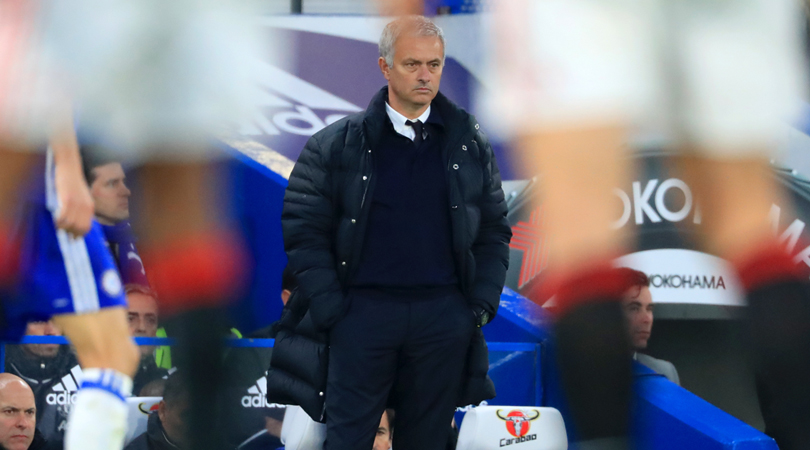
1. Sir Alf Ramsey, Ipswich 5-2 Birmingham
The trip back to Portman Road may have been an emotional one for the 57-year-old, but his former side did not let sentimentality prevent them from thrashing the Blues 5-2
After 11 years in charge of England, a spell that included the victorious World Cup campaign on home soil in 1966, Ramsey decided that the best way to round off a highly successful managerial career was with a Birmingham team that had finished 17th, 19th and 13th in the 22-team First Division in the three years before his appointment.
Ramsey only lasted six months, resigning in March 1978 because of ill health, but did manage to squeeze in a reunion with Ipswich, the club he led from the third tier to the first in the late 1950s and early-1960s. The trip back to Portman Road may have been an emotional one for the 57-year-old, but his former side didn't let sentimentality prevent them from thrashing the Blues 5-2.
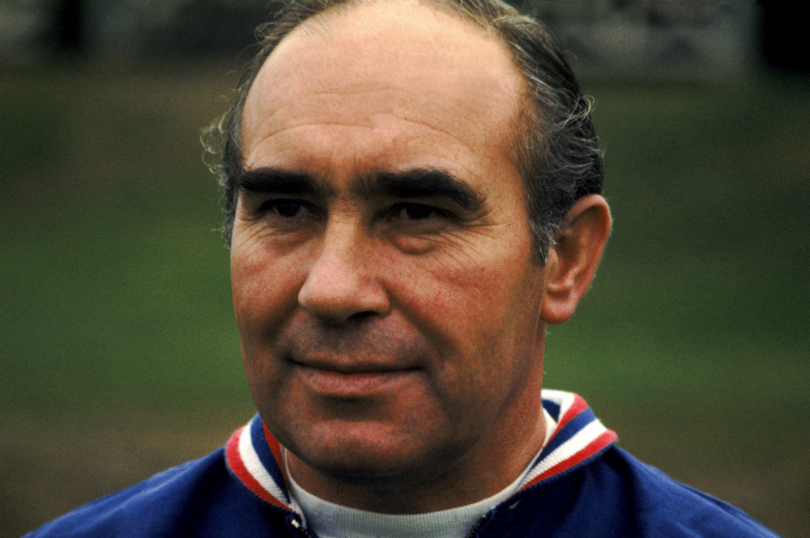
2. Brian Clough, Nottingham Forest 3-0 Derby
There aren’t many people who are loved on both sides of the Derby-Nottingham football divide, but then Clough was no ordinary person. After his stunning exit from the Baseball Ground in 1972, a bizarre eight-month stint at third-tier Brighton and the infamous 44 days at Leeds, Clough returned to the East Midlands to take charge of Forest in 1975, finishing eighth in his first full season and then winning promotion to the First Division in his second.
His first meeting with Derby came just a few days into the 1977/78 campaign, with newly promoted Forest’s 3-0 win setting them on the path to one of the most extraordinary title successes in the history of English football.
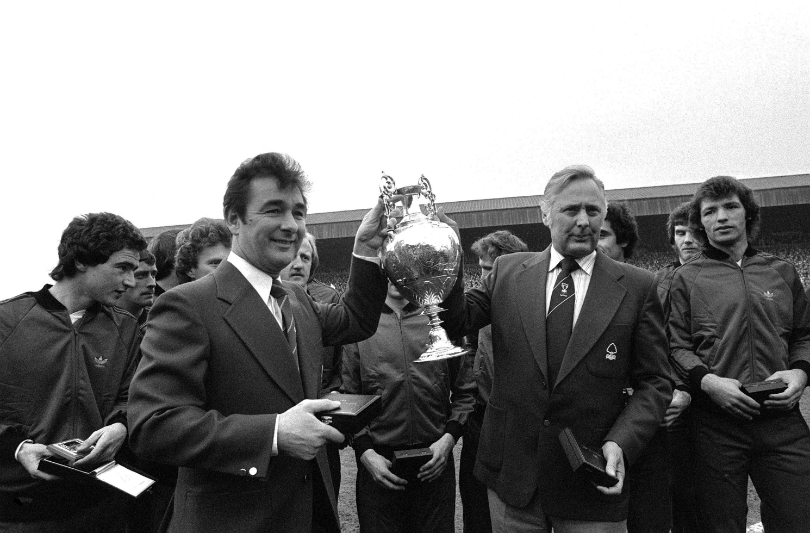
3. Kenny Dalglish, Liverpool 2-1 Blackburn
Get FourFourTwo Newsletter
The best features, fun and footballing quizzes, straight to your inbox every week.
Two-and-a-half years later, Dalglish had his hands on another league title – this time at Ewood Park – becoming only the fourth man to lead two different clubs to top-flight championships in English football history
Most Liverpool fans old enough to have seen Dalglish play maintain he’s the greatest footballer who ever pulled on the red shirt, with the Scot winning five league titles and three European Cups in his first 12 years at the club. Dalglish then became player-manager in 1985 as he began to wind down his playing career at the age of 34, spending a further six years on Merseyside before going on to coach Blackburn, Newcastle and Celtic.
His first game at Anfield as an opposing manager came in December 1992, when Dalglish’s promoted Blackburn outfit fell to a narrow 2-1 defeat thanks to a brace from Mark Walters. Two-and-a-half years later, Dalglish had his hands on another league title – this time at Ewood Park – becoming only the fourth man to lead two different clubs to top-flight championships in English football history.
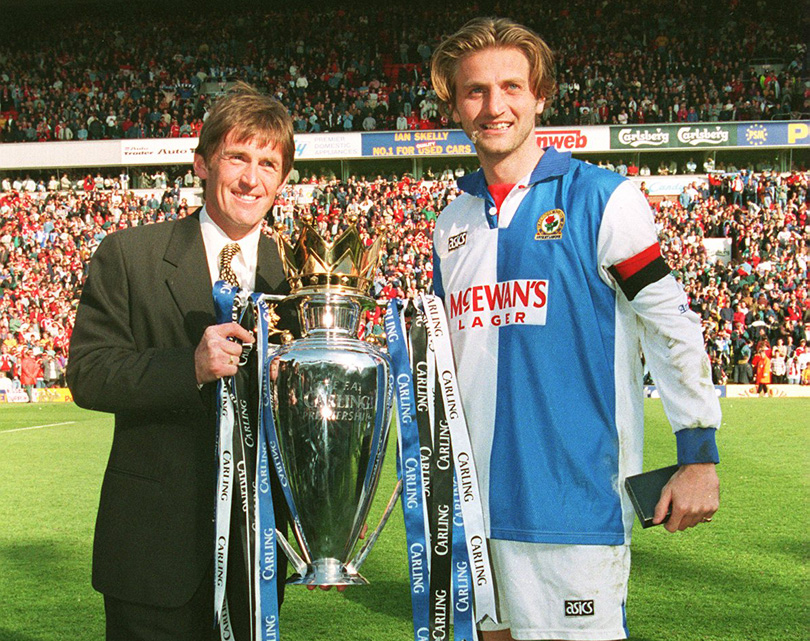
4. Pep Guardiola, Barcelona 3-0 Bayern Munich
Guardiola created arguably the best club side of all time during his four years at Barcelona, but his return to the Camp Nou in May 2015 wasn't a particularly happy one – the Catalan’s Bayern Munich went down 3-0 to the La Liga leaders in the first leg of their Champions League semi-final.
Pep, who admitted in the build-up to the game that it was “special” to be going back home, was given a good reception by the majority of supporters present in the stadium. But Barça progressed to the final 5-3 on aggregate.
5. George Graham, Arsenal 3-0 Leeds
Graham made over 200 appearances for Arsenal as a player and won two league titles, an FA Cup and the Cup Winners’ Cup after taking the reins in 1986. His nine-year spell in the dugout ended in ignominy as the Scot was sacked for taking a bung, but Graham was still received positively when he returned to Highbury with Leeds in September 1996.
A 3-0 win for the hosts was Arsene Wenger’s first home victory, with Arsenal going on to win the league the following season as Graham’s Leeds finished fifth.

6. Helenio Herrera, Inter 3-1 Roma
Herrera may not have invented Catenaccio, but he’s its most famous practitioner: the Argentine led Inter to three Serie A titles and two European Cups while deploying the notoriously defensive tactical system in the 1960s.
After eight years at Inter, Herrera moved south to take over at Roma in 1968 – becoming the world’s best-paid manager in the process – but was unable to claim any silverware other than a single Coppa Italia in his first season at the helm. A 3-1 defeat against his former employers in November was just one of many disappointing episodes in yet another underwhelming league campaign for Roma, whose eighth-place finish was their joint-highest in six seasons.
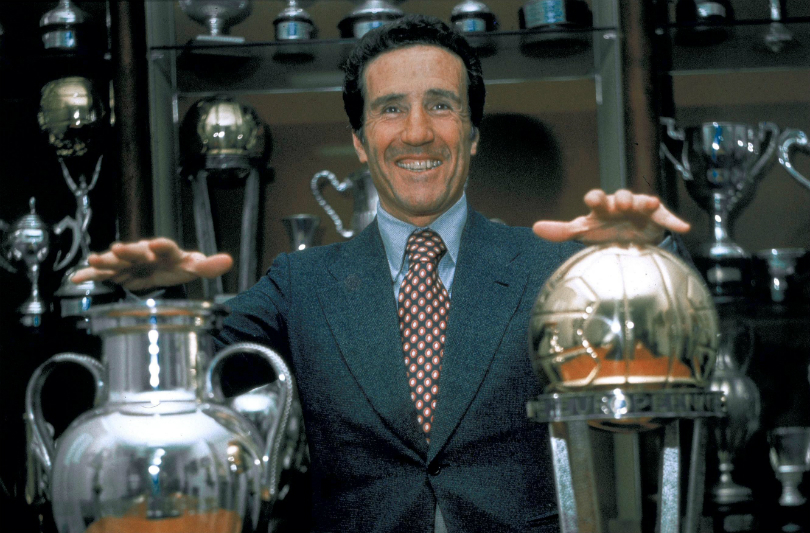
7. David Moyes, Manchester United 0-1 Everton
Roberto Martinez’s popularity among Everton supporters gradually diminished before his eventual sacking, but his first season in the Goodison Park hot seat was an overwhelming success.
Toffees followers were delighted at the ambition their team showed in 2013/14, which was in stark contrast to the more conservative approach of long-serving predecessor Moyes, whose fine job on Merseyside was slightly undermined by the fact that he never managed to beat one of the traditional big four – Arsenal, Liverpool, Manchester United and Chelsea – away from home. A 1-0 win against Moyes’s United in December 2013 rather rammed that point home, Bryan Oviedo’s late strike heaping more misery on the beleaguered Scot.
“Are you watching, David Moyes?” enquired the 3,000 jubilant visiting fans perched in a small corner of Old Trafford. He was, but not for much longer: Moyes was sacked after the return game at Goodison in April, a 2-0 defeat that ended a gloomy reign.
8. Miguel Munoz, Real Madrid 4-1 Granada
Munoz, who also won nine La Liga crowns within the space of 12 years, left the Santiago Bernabeu in 1974, taking over Granada a year later
Munoz was part of the Real Madrid side that won the first three European Cups in the mid-1950s – los Blancos actually claimed five in a row during that period, but the defender had retired by the time of the last two – and then guided the Spanish giants to a couple more as manager the following decade.
Munoz, who also won nine La Liga crowns within the space of 12 years, left the Santiago Bernabeu in 1974, taking over Granada a year later. His first trip back to his old stomping ground came in early January 1976, when Madrid ran out comfortable 4-1 winners on their way to a 17th Spanish championship.
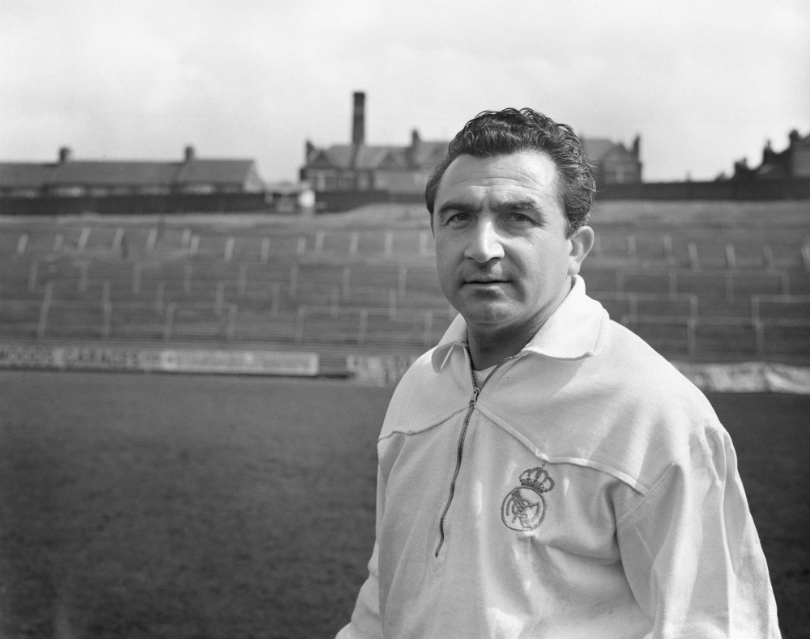
Munoz remains the club’s longest-serving manager, with his record extremely unlikely to be broken any time soon.
9. Claudio Ranieri, Leicester 2-1 Chelsea
It’s a bit of a stretch to call Ranieri a Chelsea legend, but the gentlemanly ex-Blues boss would have quietly enjoyed enacting revenge on his former employers in 2015/16, particularly as Leicester’s 2-1 win brought Jose Mourinho’s second stint in west London to an end.
The fact that Ranieri and the Foxes had already wrapped up the Premier League title by the time they visited west London on the final day of the campaign made his Stamford Bride return all the sweeter.
10. Jurgen Klopp, Liverpool 5-4 Dortmund (on aggregate)
It felt inevitable when Klopp's Liverpool were drawn with Dortmund in the 2015/16 Europa League quarter-finals, both having seen off Premier League sides in the previous round in Manchester United and Tottenham respectively.
Klopp had only left Dortmund the previous summer after a club-changing seven years at Signal Iduna Park, but there was little room for sentiment when he returned in April 2016 with a place in the final four at stake. The first leg in Dortmund went relatively quietly, as Divock Origi and Mats Hummels swapped goals either side of half-time – but the second leg was anything but.
BVB had bagged two away goals inside nine minutes at Anfield through Henrikh Mkhitaryan and Pierre-Emerick Aubameyang, and that's how it remained until the break. Origi halved the deficit; Marco Reus restored it – but then all hell broke loose. Philippe Coutinho whipped in a fine effort from outside the box, then Mamadou Sakho stopped low to nod home an equaliser in the 78th minute.
Liverpool needed a winner, though, and got it through Dejan Lovren's 91st-minute header to lift the roof off Anfield and leave Klopp gurning like a juiced-up Cheshire Cat.
Greg Lea is a freelance football journalist who's filled in wherever FourFourTwo needs him since 2014. He became a Crystal Palace fan after watching a 1-0 loss to Port Vale in 1998, and once got on the scoresheet in a primary school game against Wilfried Zaha's Whitehorse Manor (an own goal in an 8-0 defeat).
